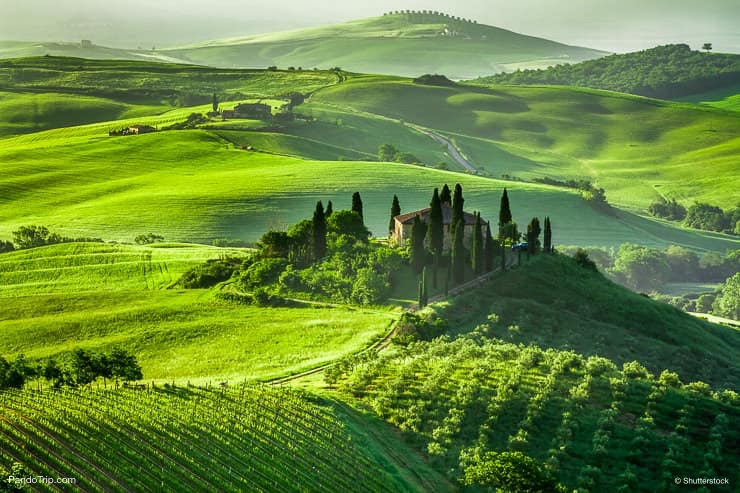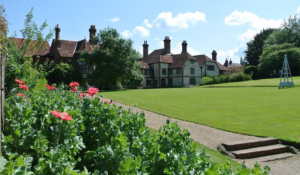
Natural History is a subject covering all aspects of the natural world, although its status in the modern education system has been greatly weakened, and many modern people are quite unfamiliar with it. From an epistemological point of view, natural history is mainly concerned with the classification and macroscopic description of natural things and the exploration of the intrinsic connections between these things, including ideas and practical techniques. Historically, disciplines such as geology, botany, and entomology all originated from natural history, and ecology, which has become popular in recent years, is also derived from it.
At the end of the 19th century, Clinton Hart Merriam described in Science magazine that with the rise of physiology, histology, and embryology, systematic natural history was gradually marginalized and eventually disappeared from university curricula. Historically, natural history often encompassed geology, zoology, and botany, and people who were proficient in these fields were called naturalists. Over time, these disciplines gradually took shape independently, and the traditional “naturalist” or “natural historian” was gradually replaced by “biologist.”
Historical scientists such as Aristotle, Darwin, Mendel, and Morgan were actually naturalists, but in modern culture, people often forget this. Alongside them are Pliny the Elder, Otto Brunfels (1488-1534), Gesner, Ulisse Aldrovandi (1522-1605), John Ray, Linnaeus, Famous Western naturalists such as Buffon and Wallace. The research work of these scholars is mainly concentrated in the field of natural history. They are committed to the extensive study and classification of the natural world.
This is obviously the research direction of scientists devoted to mathematical sciences such as Archimedes, Galileo, Newton, Einstein, etc. different. By observing and describing various phenomena and organisms in nature, naturalists develop a deep understanding and record of ecosystems, the evolution of species, and their relationships with each other. This comprehensive and systematic study of the natural world makes natural history an important and basic discipline in the natural sciences.
In modern society, natural history seems to have been forgotten. The modern education system hardly provides young people with opportunities to contact nature and conduct first-level natural history exploration, such as going up the mountain to collect plants and catch small animals. However, in many disciplines, such as history of science and technology, anthropology and other fields, the study of natural history continues.
Natural history is not only the preserve of big figures in history. Many ordinary people, especially farmers, also practice natural history in their daily lives. In traditional society, everyone is more or less related to natural history, and this close connection with nature is the basis for people’s survival. Different from the strict distinction between mathematical and physical sciences, the practice and study of natural history are more open and free, and there is extensive communication between professionals and amateurs.



